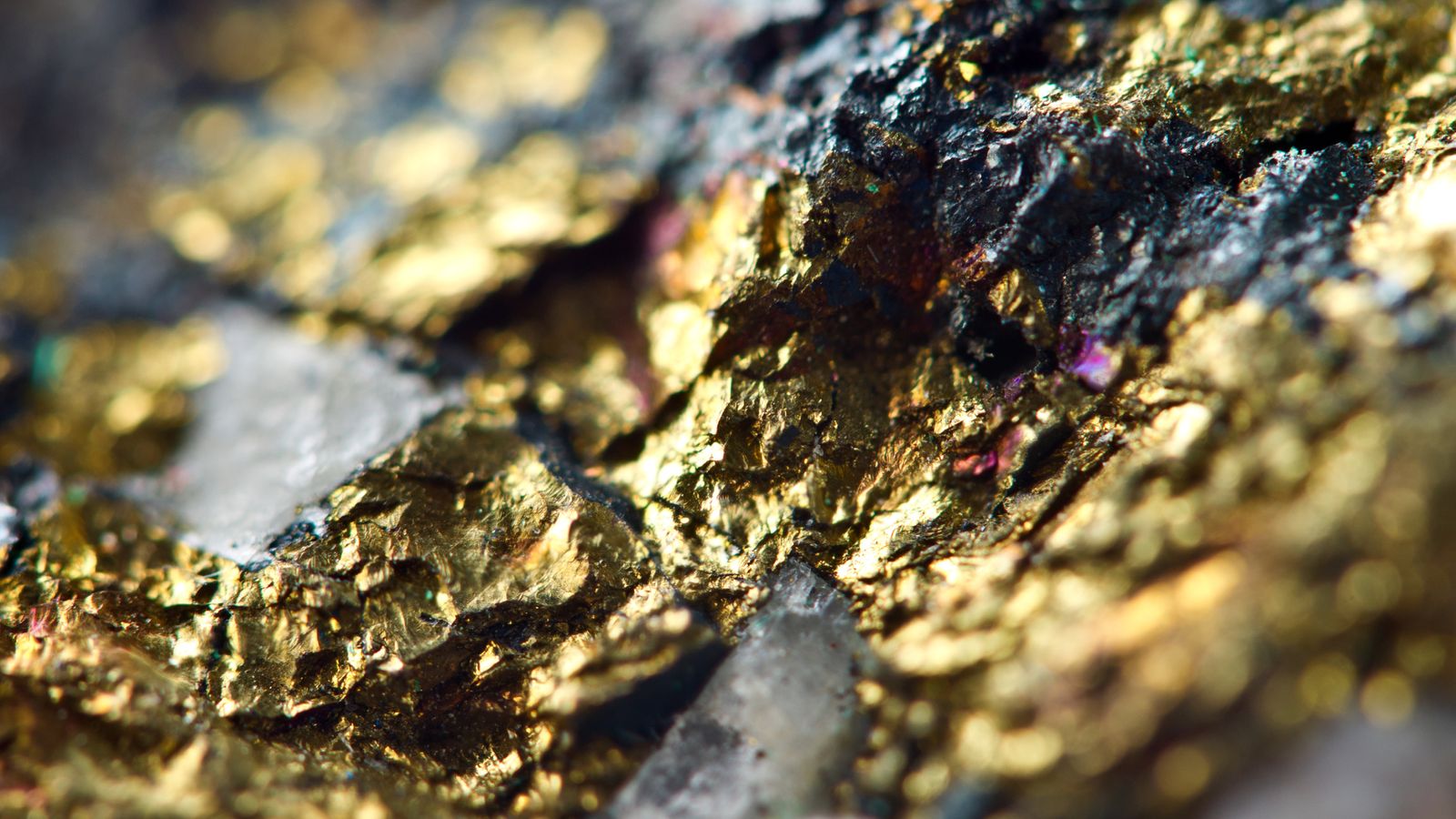The $6.5 billion takeover of Randgold Resources by Canadian giant Barrick Gold at the end of 2018 left some investors mourning as it meant that, for the first time in more than a decade, the FTSE-100 did not include any pure-play gold mining companies among its constituents.
Due to their investment mandates, some of Randgold’s former shareholders were not allowed to recycle the proceeds of the takeover into Barrick itself, creating a gap in the market.
A number of pure-play gold miners subsequently listed on the London market, most notably Yamana Gold, another Canadian operator which also has silver mining assets.
So too did another Canadian-listed company, Endeavour Mining, West Africa’s biggest gold miner.
Previously best known in this country for an abortive takeover approach in late 2019 for Centamin, the Egyptian-based but London-listed gold miner, it came to the market in June last year.
Then in March this year, it was promoted to the FTSE-100 after the Russian steelmaker Evraz was ejected from the index, following a collapse in its shares sparked by Vladimir Putin’s war on Ukraine.
Endeavour, which today published its results for the first three months of the year, has been compared with Randgold – and those comparisons have been encouraged by the company itself.
Interest rate raised to 1% by Bank of England despite issuing warning of recession
Thousands of jobs at risk as convenience store giant McColl’s teeters on brink of collapse
When will economy improve? What might this mean for house prices? Your questions answered as interest rate hiked
Sébastien de Montessus, the chief executive, told investors in May last year ahead of the flotation: “I would expect…hopefully, in the years to come, to demonstrate that, yes, we are the new Randgold.”
The desire to be seen that way was understandable. Randgold, which had a very rigorous approach to how it deployed capital and keeping production costs low, had been a stock market darling over many years.
And in terms of its characteristics, Endeavour does have a lot of similarities with Randgold, owning gold mines in Cote d’Ivoire and Burkina Faso along with various exploration assets in Cote d’Ivoire, Mali, Burkina Faso, Niger and Guinea.
Randgold also had assets in Cote d’Ivoire and Mali, as well as Senegal and the Democratic Republic of Congo.
The connections do not end there. Endeavour and Randgold previously worked together on an exploration joint venture in Cote d’Ivoire that covered their adjacent exploration properties in the north of the country.
There are also plenty of people across the mining industry who have worked for both companies, among them Gérard De Hert, a former senior vice president of exploration at Endeavour.
Today’s quarterly results will have served to comfort those investors looking for the next Randgold.
Net earnings on an adjusted basis during the first three months of the year rose by 21%, to $122 million, thanks both to an 8% rise in the gold price year-on-year and a 14% rise in gold production.
The quarterly dividend to shareholders has been raised by 17%. The company has also proved itself to be highly cash generative.
At the end of the first quarter last year, Endeavour had net debt of $162 million, but ended the latest quarter with net cash of $167 million.
Frenchman Mr de Montessus said: “Endeavour’s robust operational and financial performance this quarter demonstrates the strong momentum across our business and we look forward to the remainder of the year.”
That carries echoes of the way Randgold operated.
While gold mining is always a cyclical business and subject to the vagaries of the gold price, Randgold always had a solid production record, raising production for seven consecutive years prior to its takeover.
It also had a proud record, every time its cash balance rose above $500 million, of returning anything above that to shareholders. It was no coincidence that Mr de Montessus highlighted today how Endeavour had returned more than $100 million to shareholders during the period via dividends and share buy-backs.
The shares rose by more than 9%, taking the company’s stock market valuation to just over £4.9 billion.
There was also plenty of detail on the outlook for all of Endeavour’s mines and exploration prospects. Investors are particularly excited about the company’s Sabodala-Massawa expansion in Senegal, which was previously owned by Barrick Gold before being acquired by Teranga Gold, another Canada-listed operator bought by Endeavour in February last year for $2 billion.
A recent feasibility study published last month suggested that the mine has the potential to produce more than 400,000 ounces of gold per year.
Randgold, led by the respected Mark Bristow, won favour among stock market investors by constantly under-promising and over-delivering.
Endeavour has yet to build that kind of track record. But its progress is certainly encouraging.






















